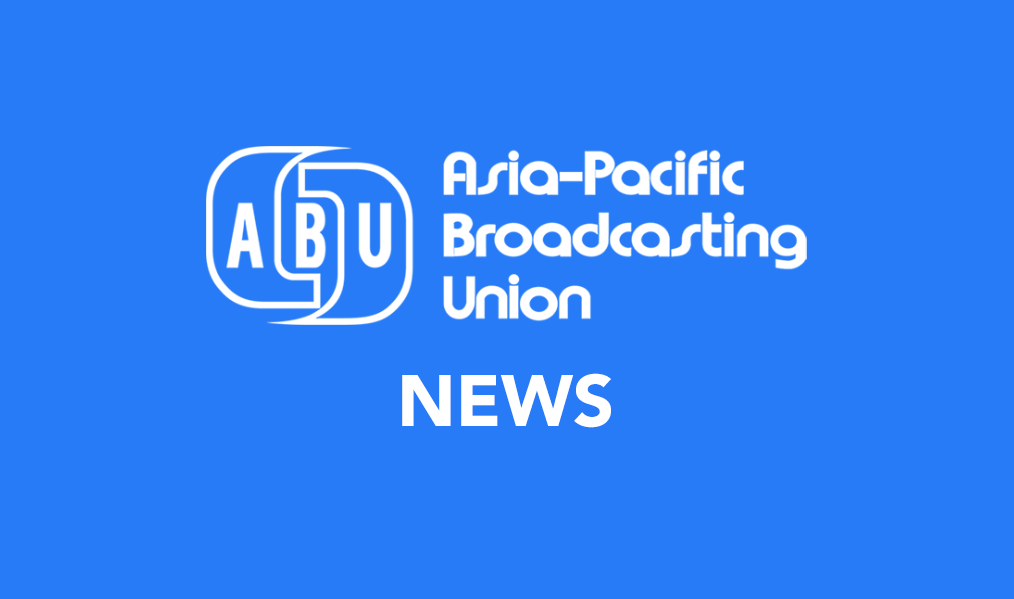
ABU GA – Key concepts advocated for the survival of public broadcasting
 Agility, integrity and energy are the watchwords for public broadcasters in the digital age, according to speakers at an international media forum in Korea.
Agility, integrity and energy are the watchwords for public broadcasters in the digital age, according to speakers at an international media forum in Korea.
Themed “The Impact of New Media on Public Service Broadcasting”, the two-day forum was organised by the Asia-Pacific Broadcasting Union and the Friedrich Ebert Stiftung during the ABU’s 49th General Assembly in Seoul.
The forum looked at the challenges created for public broadcasters by digital technologies and new media in the Asia-Pacific and around the globe, and offered possible ways forward.
Mr Keum Dong Su, of host broadcaster Korean Broadcasting System set the scene by declaring KBS had become respected and influential through their continued efforts to produce creative content, fair and balanced news and a commitment to innovation.
“Today we will put a special emphasis on that point – innovation,” he said.
The keynote speech was given by Erik Bettermann, the Director General of the German international broadcaster Deutsche Welle.
He said the media were witnessing radical technological changes in unparalleled speed brought about by the Internet, mobile devices and media convergence.
“Media-savvy users all over the world have adapted to these new modes of communication,” he said. “In order to attract the next generations, especially here in Asia which is home to half of the worlds’ citizens, it is critical for broadcasters to respond to the challenges and seize the opportunities of digitalisation.”
He said public service broadcasters must constantly adapt, with research and analysis of technological, social and cultural changes, while continuing to bring about social cohesion among different peoples.
“If PSBs can see their audiences not only as consumers but as citizens, it can help to bind societies and strengthen cultural bridge-building mechanisms,” he urged.
ABU News Director Sedrick Ahn said the world was living in a so-called “third industrial revolution era” in which everything goes digital, smart and Internet.
“Smart audiences are disrupting the basic fundamentals of established public broadcasting,” he said. “Public broadcasters also started to go faster, smarter and stronger than before.”
He said they had to balance liberty and security, protect transparency and confidentiality and encourage free expression while fostering civility.”
Henning Effner, the FES regional representative based in Malaysia, also said there were three types of challenges facing public service broadcasters today.
The first was technology and capacity building, with PSBs needing to be trained how to use new media technologies, how to put their content online, and how to involve online users and encourage feedback through social media platforms.
“They need to transform from a national content provider to an international multi-media platform,” he said.
The second challenge was to navigate the problems social media create and to respect professional standards of fairness, truthfulness, accuracy and independence while addressing the third challenge of increased competition within a new media environment by becoming more innovative and pro-active.

